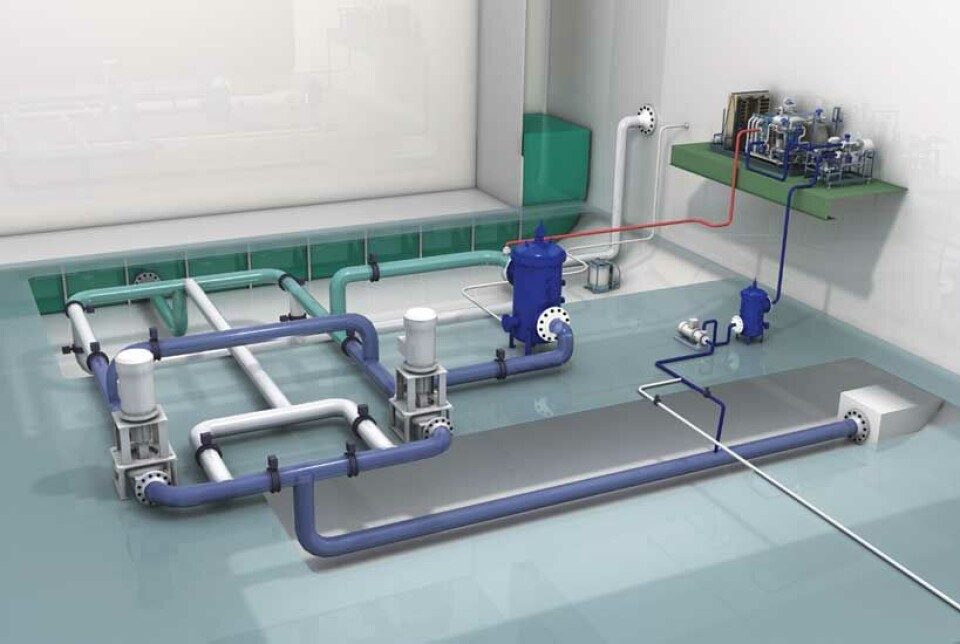
Chinese Shipyard orders next generation ballast water treatment system by OceanSaver
Rongsheng Shipbuilding Heavy Industries, a large heavy industries shipbuilding group in China, has chosen Mark II, OceanSaver’s next generation ballast water treatment system, for two 317.000 dwt VLCC newbuildings.
Denne artikkelen er tre år eller eldre.
The contract comes just weeks after DNV type approval, certifying Mark II to fully meet the requirements of the International Ballast Water Convention, and previous system orders placed by Bohai Shipbuilding Heavy Industry (China) and SPP Shipyard (Korea) for two suezmax and four bulk vessels.
Scheduled for completion in June 2013, the contract is valued at USD 3 million and represents OceanSaver’s first VLCC system delivery for its new Mark II technology. The delivery covers the supply and installation of two sets of Mark II BWT units, granting ballast water flows at a rate of 6.000 cubic metres per hour.
“The contract was won due to the proven technical ability of Mark II and the fact that several leading shipyards in China and Korea have also ordered similar systems,“ says Tor Atle Eiken, Senior Vice President Sales & Marketing of OceanSaver.
A consistent, cost effective and dependable BWT application for medium and large vessels, Mark II introduces better performing filtration technology and reduces piping installations considerably.
“Mark II is recognized by the market for its small footprint and high-end technology for ballast water treatment applications. Mark II is widening our core market segments to include medium-sized vessels ” said Eiken.
Since 2005, OceanSaver has signed major contracts for 40 BWT systems thus propelling its position as a key supplier to the global medium to large sized fleets. OceanSaver’s sales have tripled during the past three years and the manufacturing capacity of the plant in Drammen now exceeds more than 100 Mark I and Mark II units a year.
“OceanSaver is outpacing the global BWT market by developing quality products for environmentally and quality conscious ship owners and shipyards,” concluded Eiken.











